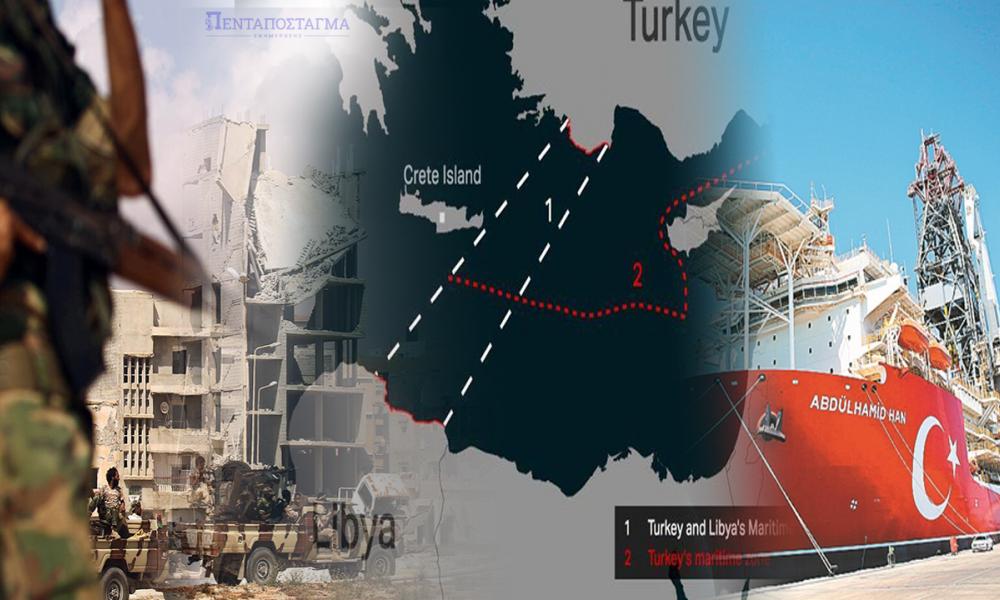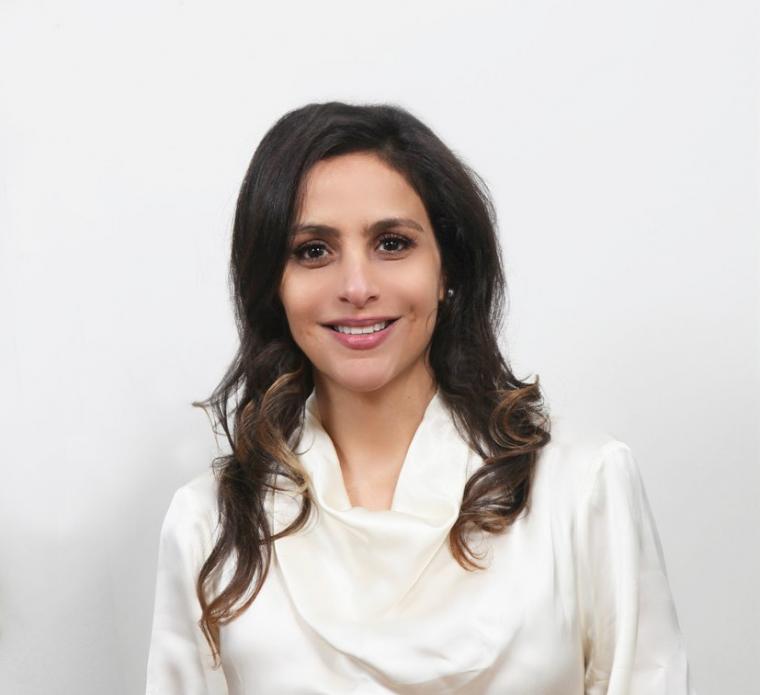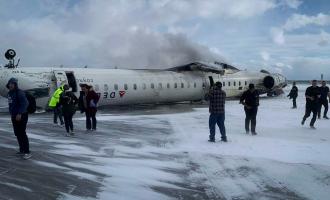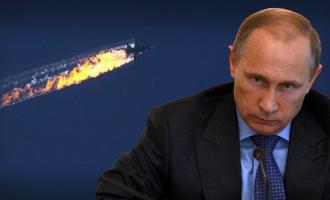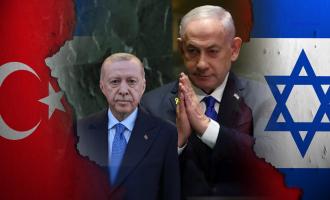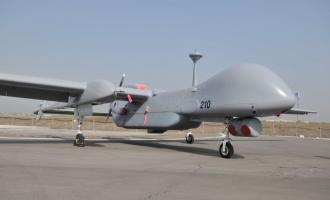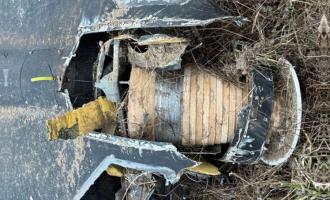Interview with Evangelos D. Kokkinos
"Turkey's role [in Libya] is deeply destructive militarily, economically and politically", says Aya Burweila*, founder of the NGO Code on the Road and BBC expert woman on terrorism and radicalization, in her exclusive interview with PENTAPOSTAGMA. She is also Ambassador and Special Envoy of the European Public Law Organization in Libya and North Africa.
Commenting on the move to unify the Libyan army, Ms. Burweila, explains that, "given that the GNU is currently the internationally-recognized government of Libya, this is a very positive move should it take place, as it will give Libya sovereignty and independence from foreign forces that are proxies of Turkey and other countries".
She believes that the recent clashes between the militias pose no risk of a new civil war breaking out. Regarding the issue of the elections, the Libyan expert emphasized that "democratic presidential and parliamentary elections is paramount for Libya's success and stability", while she then demonstrated who she considers to be the strongest candidate for political dominance.
"Turkey's role [in Libya] is deeply destructive militarily, economically and politically" - Aya Burweila
Ms. Burweila referred to the activity of international oil companies in Libya, stressing that the country can play a role in the current energy crisis, but not to replace Russia, while she thinks that the Turkish drilling rig "Abdulhamid Han" can attempt to interfere in the illegal "Turkish-Libyan" EEZ, resulting from the Sarraj-Erdogan memorandum, "a matter that is a question of legality and constitutionality".
Speaking about the Greece-Libya relations, Ms. Burweila points out that Greece "shares the same problems as the Libyans have", recalling at the same time that, "lack of action by the Greek state post 2011 while Greece was battling the financial crises meant that Turkey saw a vacuum and filled the vacuum". She urges the Greek side, "not to repeat its past strategic mistakes and ensure a robust presence in the East through robust and tangible presence and partnerships to make sure its interests are preserved. The east is very receptive to Greece".
"Turkey and Russia are two sides of the same coin" - Aya Burweila
Finally, she compared the Muammar Gaddafi era with the situation today, while commenting on the occasional cries for a new Arab Spring, saying that "Libyans did not get rid of a domestic tyrant so that they are replaced by foreign-appointed tyrants in the style of colonialism".
"I hope there will be an Arab Spring. The so-called Arab Spring of 2011 was only a spring for the worst elements of Libyan society", she concludes.
The full interview:
- Taking into account that they had fought each other, how do you see the move to unify the Libyan army, the forces of the pro-Turkish Dbeibeh and that of the Commander of the Libyan National Army, Field Marshal Haftar?
In October 2020, the Libyan National Army and the Government of National Accord (GNA) successfully signed the Geneva 5+5 Joint Military Agreement, an effort designed to unify Libya’s military institutions and expel all foreign forces and mercenaries. This was the single most important step in recent Libyan history. When the foreign-appointed GNA was formed in 2015 by the international community to temporarily govern Libya, for a maximum of two years, one of their tasks was to disarm the militias that had taken over the capital by force and work with the national army to ensure this. Rather than co-operate with the national army, the GNA chose to both co-opt the Turkish backed militias and be co-opted by them, in order to stay in power by force after their date of expiry had passed. It is important to remember that the GNA was never ratified by the internationally-recognized, democratically-elected parliament of Libya, the HOR, as stipulated by the Libyan Political Agreement (LPA) that created it and had expired in December 2017. Commander Khalifa Haftar was appointed to his post by Libyan parliament in March 2015.
Given that the GNU is currently the internationally-recognized government of Libya, this is a very positive move should it take place, as it will give Libya sovereignty and independence from foreign forces that are proxies of Turkey and other countries. This does not mean however that the cause of democratic elections must be abandoned. The GNU must fulfill its purpose to hold free, fair and democratic presidential and parliamentary elections.
- How do you comment the role of Turkey and its mercenaries in Libya, as well as Russia's Wagner, bearing in mind the war in Ukraine for the latter?
Turkey's role is deeply destructive militarily, economically and politically. The mercenaries in the West of Libya which is where the capital is, are from Turkey’s auxiliary army, the Syrian National Army (SNA). The SNA were sent to support the previous "Government of National Accord" -an entity that was never elected by the Libyan people or ratified by their parliament. Moreover, it had expired in December 2017. The Russian mercenaries in Libya support the national army headed by a parliament appointee, not the Islamist militias that invaded the capital in 2014 and staged a coup against the elected parliament after Islamist parties lost the elections. The Russian mercenaries do not interfere in political life or harass civilians or institutions. So there is a qualitative difference. Having said that, the presence of Russian mercenaries today is estimated to be around 500 to 1,000 today. The presence of Syrian mercenaries is estimated at around 15,000. Without a doubt, both Russian and Turkish mercenaries must leave.
In addition to domestic support, the LNA is also supported by Egypt, Jordan, and the UAE. It is important to note that after the murder of the American ambassador Christopher Stevens in 2012 by Islamist terrorists, the United States withdrew from Libya. Libyans in the East were left to their fate to combat the local and global terrorist groups that had taken over the country from Sirte to Derna. This was a strategic mistake: in this vacuum left by the Americans, the Russians saw an opportunity and took advantage, knowing that a drowning community accepts any hand in order to survive. But a partnership borne out of necessity or desperation is not a welcome one. To illustrate, the “Moscow Peace Deal” that was proposed in January 2020 which called for the division of Libya between two security guarantors of Turkey and Russia was signed by the GNA and outrightly rejected by the LNA and the Libyan parliament. Turkey and Russia are two sides of the same coin, aiming to divide Libya into respective spheres of influence as they have done in Syria. Their ongoing collaboration during the war in Ukraine is further testimony that when push comes to shove, and major geopolitical stakes are at play, these two powerful states are above all, allies of one another.
The Libyan people and the Libyan National Army wish for Libya to be fully sovereign and are clear that it wishes for all foreign forces to leave -including Russian mercenaries- but without practical and tangible support from the international community to make this transition safe, it is not possible.
- What is your assessment regarding the date of the elections? Who do you think has the ability to prevail?
Democratic presidential and parliamentary elections is paramount for Libya's success and stability. I think the international community, which was previously served by installing proxies in Libya at the expense of Libyans, have realized that the present state of affairs is untenable. Judging from the previous list of candidates and opinion polls, I think Dr. Aref Nayed and Commander Khalifa Hafter have the best chances. I believe however that the commander is not quite keen on running. However, there are many who demand that he runs due to his popularity; especially in the East. According to multiple surveys by the USAID and the Arab Barometer, the LNA has been among Libya’s top three most trusted institutions since 2017. Locally, his success in building an army out of ashes, attempts to battle Turkish occupation and freeing the majority of the country from local and global Islamist terrorist groups has earned him much respect among many Libyans. Dr Aref Nayed is a businessman, scholar, theologian and a former ambassador to the UAE. In a time when Islamist extremists are attempting to impose a grip on Libyan society and youth, a candidate with a background in countering radicalization is very important. Moreover, he belongs to Libya’s largest tribe, the Warfalla. Both men were pivotal figures in combatting Gaddafi’s regime and staunch anti-Islamists. As for Seif al-Islam Gaddafi, while he does enjoy a base among his father’s supporters, I do not believe he has what it takes to win himself, but more likely he enjoys enough support to be pivotal as a swing vote. Libyans want to move forwards, not backwards, and leave their torturous past behind them, which includes both the tyranny of the Gaddafi regime and the militia tyranny that came after. They wish to choose their own government and the best candidate according to track record, ability, and a concrete vision -not to choose between evils. They wish to choose candidates based on who they are, not based on who they are not.
- Do you think that the recent armed conflicts between factions could escalate to a new civil war? What is the current status on the field in that matter?
No, I do not think so. These armed conflicts are between the militias in the West and have been ongoing since the post Gaddafi era. They are like inter-gang turf wars. This is what happens when there is no formal army present on sovereign territory. This was also the driving reason the failed offensive was launched by the army in 2019. The latest bout of fighting between the militias is over but I have no doubt they will resume again. If you want to understand the situation in Tripoli, simply think of the Netflix series Narcos Mexico. That is why the removal of these militias is paramount for Libya’s stability, security, development, democracy and prosperity. Without the disarmament of these militias or their integration into one national army, no progress is realistically possible. This is why the success of the Geneva 5+5 agreement is so fundamental.
- Is there information on any contracts between Eni-Total and Libya? In the midst of a global energy crisis, what role can Libya have? What activities are taking place in the financial/energy sector?
Eni and Total are the biggest players in Libya and I would say Total has a bigger edge. While Libya can play a role, it is a fantasy to believe that it can make up for a lack of oil from the world's third largest oil producer: Russia. On the topic of oil, it is important that the Libyan government invests in the oil sector to make sure Libya is performing at its full capacity and potential. Since 2011, Libya’s successive governments have disregarded investing and maintaining Libya’s oil sector and infrastructure.
- What are your thoughts on the illegal Turkish-Libyan memorandum between Sarraj and Erdogan? How will this case play out?
The memorandum is illegal. It was agreed to by the GNA which was expired. The GNA was never ratified by the parliament, making the GNA an unconstitutional entity in Libya and purely a foreign appointed government. In addition, the GNA has no powers to enter into any military agreement with anyone. The matter is of a question of legality and constitutionality.
- Ankara says the mission of the drilling rig "Abdulhamid Han" is the "Blue Homeland". Do you think we might see it in action in the so-called Turkish-Libyan EEZ?
Yes. That is the whole point of their expansionism.
- At what level are the relations between Greece and Libya?
Greece historically has an excellent relationship with Libya and the Libyan people-especially with east Libya which, once upon a time, used to be part of the Ancient Greek empire. Greece shares the same problems as the Libyans have: Turkish presence in Libya and the denial of self-determination by the Libyan people who do not seek negative relations with Greece or any of its neighbors. Unfortunately, lack of action by the Greek state post 2011 while Greece was battling the financial crises meant that Turkey saw a vacuum and filled the vacuum. As Cyrenaica, the East of Libya is currently easing its relationship with Turkey after it has maintained a blockade for almost 6 years against Turkey, it is important that Greece does not repeat its past strategic mistakes. Greece must ensure a robust diplomatic presence in the East and pursue co-operations and partnerships on the ground across multiple sectors.
Cyrenaica is very receptive to Greece and Greece has a lot of soft power at its disposal.
- Eleven years after the death of Muammar Gaddafi what has changed? How do you compare the Gaddafi era with today?
During the Gaddafi era, Libyans had a sovereign and functioning state and a high standard of living. Now they're facing a level of chaos, terror and poverty unseen since the days of occupation. Having said that, the corruption, mismanagement, lack of institutions and capricious tyranny that characterized that characterized the Gaddafi regime and Gaddafi’s war against private capital and ownership, cultural heritage, entrepreneurship and individual agency has left Libya with a crippling legacy both on the technocratic and sociological level.
- From time to time we hear cries for a new Arab Spring. Do you think this is a real possibility?
I hope there will be an Arab Spring in Libya. The so-called Arab Spring of 2011 was only a spring for the worst elements of Libyan society: foreign-backed violent and non-violent Islamists and transnational organized crime. To almost everyone else it was a disaster that produced many Gordian knots.
If Libyans are further deprived of their basic right to choose their own government and to live in dignity, they must stage a genuine and non-violent revolution. They must tirelessly demand from local and international actors that their rights as enshrined by the Universal Declaration of Human Rights is implemented with action, not platitudes. Libyans did not get rid of a domestic tyrant so that they suffer under foreign-appointed tyrants instead. There is a word for that: colonialism. And it was never accepted in the last century and it is certainly not accepted in this one - under whatever guise or vehicle it takes.
*Aya Burweila is the Founder and Director of Code on the Road and a BBC Expert Woman in Terrorism and Radicalization. She is also the Ambassador and Special Envoy of the European Public Law Organization to Libya and North Africa.


